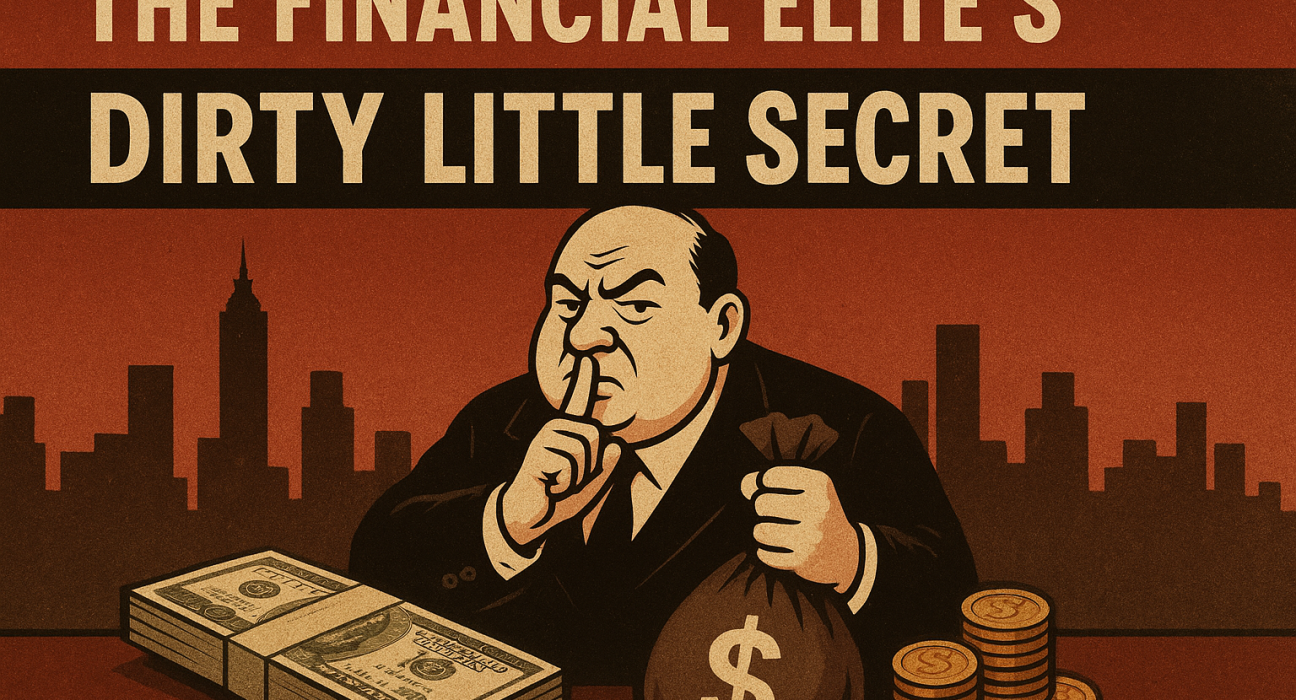In the vast and intricate web of global finance, few names carry as much weight as BlackRock. With over $10 trillion in assets under management, this financial behemoth is often cited as one of the most influential institutions in the world. Yet for many outside the financial sector, BlackRock remains a mystery—its power largely invisible, its influence quietly woven into the fabric of markets, governments, and everyday life.
What Is BlackRock?
Founded in 1988, BlackRock began as a risk management and fixed income institutional asset manager. Today, it manages investments for governments, pension funds, corporations, and individuals across the globe. Its flagship product, Aladdin (Asset, Liability, Debt and Derivative Investment Network), is a powerful software platform used by hundreds of institutions to assess risk and manage portfolios.
BlackRock’s reach extends into nearly every sector—from energy and technology to healthcare and infrastructure. It holds significant stakes in companies like Apple, Microsoft, and Amazon, and its decisions can ripple across markets.
The “Dirty Little Secret”?
Critics argue that BlackRock’s immense influence is under-scrutinized. The phrase “dirty little secret” often refers to the quiet consolidation of financial power among a handful of asset managers, with BlackRock at the forefront. This concentration raises concerns about:
- Market dominance: With such vast holdings, BlackRock can sway corporate governance and market behavior.
- Political influence: BlackRock executives have served as advisors to governments, including during the 2008 financial crisis and the COVID-19 pandemic.
- Transparency: As a private company, BlackRock is not subject to the same disclosure requirements as public institutions, despite its systemic importance.
Ethical Investing and Public Scrutiny
In recent years, BlackRock has positioned itself as a leader in sustainable investing, urging companies to adopt ESG (Environmental, Social, and Governance) principles. However, critics question the sincerity of these efforts, pointing to continued investments in fossil fuels and industries with questionable labor practices.
The tension between profit and principle is not unique to BlackRock, but its scale makes the debate more urgent. Some argue that BlackRock’s ESG push is more about optics than impact, while others see it as a genuine shift in corporate responsibility.
Why It Matters
Understanding BlackRock isn’t just about finance—it’s about power. When a single firm can influence markets, shape policy, and steer corporate behavior, it becomes essential to ask: Who holds them accountable? What mechanisms exist to ensure transparency and fairness?
The answer isn’t simple. BlackRock operates within the bounds of regulation, but its size and scope challenge traditional oversight. As financial systems grow more complex, the need for public awareness and informed debate becomes increasingly vital.
You can explore the topic through video documentary titled “The Financial Elite’s Dirty Little Secret” available on YouTube. It dives into the story of Rene Benko, a real estate magnate whose rise and fall reveal deeper truths about wealth, influence, and the mechanisms of elite finance behind wealth accumulation and the quiet power of financial elites.

